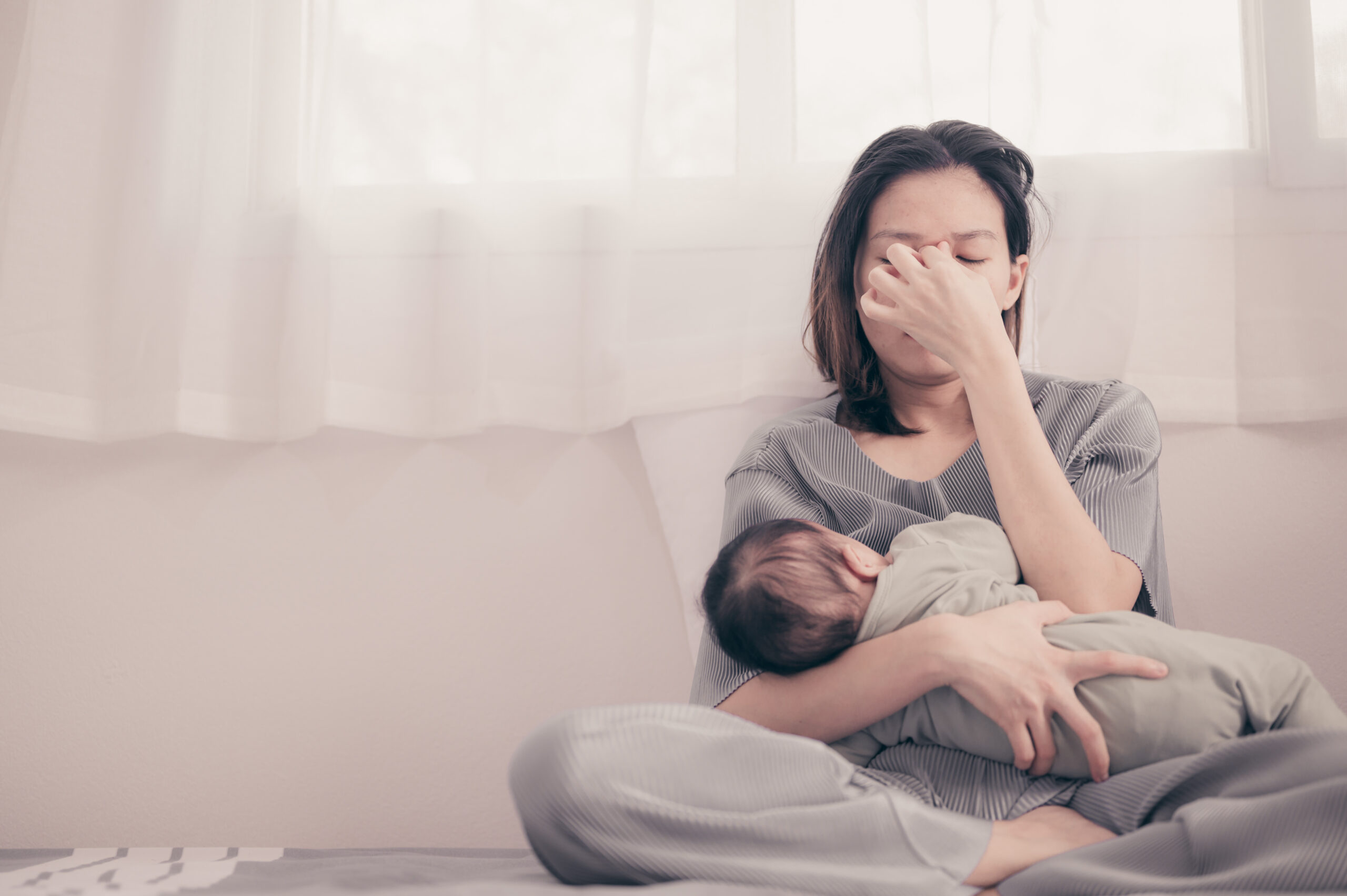Women have been fought for a long time for more payment after giving birth, citing the connection with newborn, better mental health and greater employment equity as some of the advantages.
But a new study, published in the Journal of Health Economics, suggests that longer mothers passing on maternity leave, more likely to collect a fairly large health problem later.
The researchers monitored more than 8,500 European mothers from 14 European countries between 1960 and 2010, and found that the baby’s pauses corresponded to a surplus of cigarette breaks.
For each additional month of maternity leave, the odds of smoking a mother later increased by 1.2 percentage points. In addition, the total duration of smoking increased by 7 months, the daily intake of cigarettes increased 0.2 a day and the “years of years”, a way to measure a smoking life, increased by 0.6.
The findings surprised the scientists.
“In fact, we hoped that longer career breaks would mean that mothers smoke less. However, our results clearly show that the likelihood of smoking later in life increases with longer periods of parental permits,” said Sonja Spitzer, a Demographic University of the University of Vienna, in a statement.
“In principle, maternity and parental permission are important for health and, in the short term, health protection also surpasses other considerations. However, if the permit period is too long, financial burdens, social isolation and professional disadvantages can increase: smoking can be a copy mechanism for this stress.”
According to this line of thought, the Spike was especially clear among mothers who did not receive financial support from their partner when the baby was born.
“Financial concerns during an already sensitive life phase, such as birth time, can increase the pressure even more; this stress seems to have a particularly significant impact on long -term health behavior,” said Spitzer.
Although it may seem counterintuitive, the data clearly indicates that shorter maternity leaves seem to have protective benefits when it comes to illuminating.
“We have been able to clearly show that longer permit periods increase the likelihood of smoking later in life. We can only speculate on the exact reasons behind it, but they are consistent with what we see in literature and our data,” he concluded.
The findings are aligned with previous research, such as a 2012 study that found more than 40% of women who quit during the pregnancy relapse within six months after birth.
And several studies have indicated that the prolonged periods of non -working increase the likelihood of smoking, possibly due to stress, loss of structure and boredom.
This new study adds a layer of complexity to the conversation, which indicates that, although longer maternity leave may have some benefits to mental health when it comes to postpartum link and depression, it also has long -term health risks.
Suggests that maternity leave policies must focus not only on duration, but also on quality and support.
#Longer #Maternity #Maternity #Law #linked #unhealthy #habit
Image Source : nypost.com
